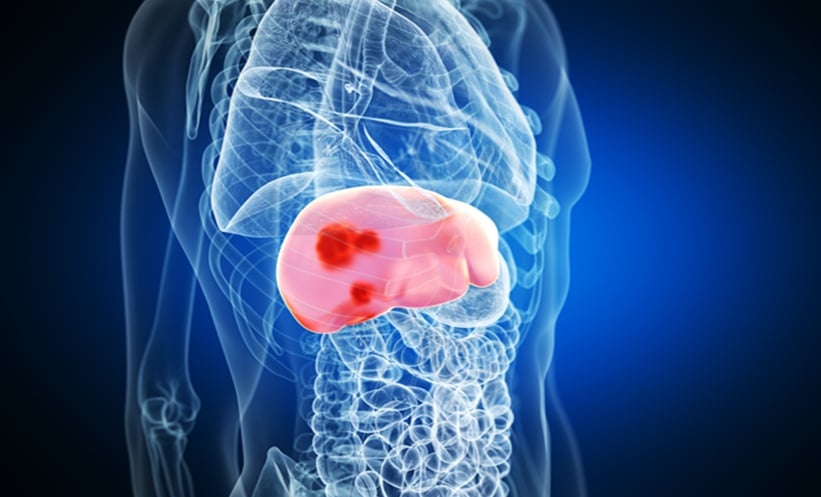HEPATOCELLULAR carcinoma (HCC) is the most common type of primary liver cancer, accounting for up to 90% of cases worldwide. It represents a major global health burden, ranking as the sixth most frequently diagnosed cancer and the third leading cause of cancer-related deaths. Despite improvements in surgical and systemic treatments, many patients present with unresectable HCC, where curative options are not possible. In these cases, transarterial chemoembolisation (TACE) remains the standard therapy, but its effectiveness is limited by high recurrence and progression rates.
Fucoidan Enhances TACE Outcomes in Hepatocellular Carcinoma
Recent research has investigated whether low-molecular-weight fucoidan (LMF), a compound derived from brown seaweed, could enhance the efficacy of TACE. LMF has demonstrated diverse anticancer properties, including the inhibition of tumour growth and metastasis, suppression of angiogenesis, and modulation of immune responses. This made it a promising candidate for combination therapy in patients with advanced liver cancer.
In a randomised, double-blind, placebo-controlled trial, patients with unresectable hepatocellular carcinoma received either TACE alone or TACE with LMF supplementation. The results showed that disease control rates were significantly higher in the LMF group compared with placebo (95.24% vs 80.00%). Additionally, progression rates were lower among patients receiving LMF, suggesting that the compound may help delay tumour advancement. Importantly, these benefits were achieved without increasing adverse events, highlighting LMF’s favourable safety profile.
Mechanistically, the findings suggest that LMF may exert a dual action: enhancing tumour control through antiangiogenic and antitumour effects, while also protecting liver function via modulation of pathways linked to hepatic injury. Preservation of Child–Pugh Class A liver function in the LMF group underscores its potential role as both a tumour-targeting and hepatoprotective agent.
These results introduce a new perspective on the management of hepatocellular carcinoma, challenging the view that TACE should be used in isolation. By improving tumour response while maintaining liver reserve, LMF could help extend the benefits of TACE in patients with limited treatment options. Larger trials and longer-term follow-up will be critical to confirming its role as an adjunct therapy in liver cancer management.
Reference
Zou Y et al. Fucoidan improves tumour control and liver function in TACE for unresectable hepatocellular carcinoma: a randomised trial. Liver Int. 2025;45(10):e70347.








